(NB&CL) That was the emphasis of journalist Le Quoc Minh in the early Spring At Ty conversation with the Journalist and Public Opinion Newspaper when recalling the mission and tasks of the Revolutionary Press in the new development stage of the country. Journalist Le Quoc Minh also affirmed: Journalism technology can change, user needs can also change over time, but the mission of "serving the people, serving the revolution" of the Vietnamese Revolutionary Press never changes.
The press is always a reliable, pioneering force, dedicated to the common cause.
+ Looking back at the hundred-year journey of the Vietnamese Revolutionary Press, many opinions say that one of the greatest values that the Revolutionary Press has created is that it is not only a means of information but also a source of inspiration and invaluable spiritual strength to encourage the entire nation in many stages of building and defending the country. How do you view this?
- Journalist Le Quoc Minh: The Vietnamese Revolutionary Press has a different identity from the concept of conventional market journalism. Looking back at the development path over the past 100 years, reopening the pages of newspapers from the previous century to the newspapers, radio stations, and television channels that have accompanied the whole nation in the struggles for independence, national unification, and nation building, the press not only plays a very important role in propagating the Party and State's guidelines and policies, being a forum for the people, but also has the effect of encouraging the whole nation, spreading positive energy, creating consensus in society, and attracting the support of international friends.
From the early days of the Revolutionary Press to the present time, when the press and media have become extremely modern in a rapidly developing society, the press has always been a reliable, pioneering force, dedicated to the common cause. We are proud to have excellent journalists, who are role models for many generations to follow, and we also believe in a team of young, enthusiastic, dynamic journalists with many skills to meet the increasingly demanding demands of readers and listeners in the digital age.

Journalist Le Quoc Minh.
+ Remembering our roots is also the time when each of us journalists feels more clearly the honor and responsibility of “serving the people, serving the revolution”. In the current digital age, in your opinion, what should be the greatest responsibility and mission of the Vietnamese Revolutionary Press?
- Journalist Le Quoc Minh: I would like to affirm that journalism technology can change, user needs can also change over time, but the mission of "serving the people, serving the revolution" of the Vietnam Revolutionary Press never changes. The problem here is to have professional, new, modern ways of working, with measurement tools to ensure that the message targets the readers and listeners, to see the effectiveness of the press content, to quantify it, not just to evaluate the effectiveness emotionally.
In the past, whatever we published in newspapers or on the radio, readers would follow and trust, people even said “it’s exactly like on the radio”. But now, society is flooded with information, users can access information from many sources, not just relying on newspapers, and users are also more easily distracted when there are too many sources of information like that. Therefore, to effectively propagate and serve effectively, the content in the press must be more professional, more attractive, and more creative.
Amidst the many challenges, there are many opportunities for journalism.
+ The country is entering a new era, the press accompanies the nation, therefore, naturally, the press also needs to "catch up, progress together". What is the most essential factor for the press to "catch up", sir? Is it the enthusiasm to dare to innovate, dare to create, strongly apply technology to constantly create new values, meeting the constantly changing needs of readers? There is an opinion that: The press is entering a new phase, where the boundaries between information, technology and commerce are increasingly blurred, do you agree with this point of view?
- Journalist Le Quoc Minh: Now is the easiest and most difficult time to do journalism. It is easiest to say because journalists now have many supporting tools, not just a pen, a notebook and a camera like a few decades ago. But it is most difficult to say because journalism is facing huge competition - competition between press agencies and competition with billions of content channels from individuals and non-journalistic organizations.

In the past, journalists were better at “smelling” hot news, but now newsrooms use software to scan news from all over the world. In the past, we talked about exclusive information, but now it is difficult to have a sudden piece of information that only one reporter or one newsroom can access. And reality proves that journalists are not the first to discover and publish information.
The development of technology, especially the popularity of social networks and increasingly modern and affordable handheld devices, is helping every individual become a citizen journalist, bringing information from every corner of life to the Internet. Users cannot even remember which source or press agency they accessed information from. That is not to mention the extremely rapid development of generative artificial intelligence (GenAI), which many experts believe is threatening to take away the media's position as an intermediary between information and users.
But amid the myriad of challenges, there are also many opportunities for the press. Fierce competition will force many press agencies to scale down their operations or even cease to exist, but it will be a launching pad for press agencies that dare to innovate strongly and make a difference. Many people have a disdainful attitude, saying that they no longer need the press because all information is available on social networks. But reality has shown that official, mainstream information on the press still attracts the attention of users, no matter what they read on social networks, they will seek out official sources for verification and reference. Much of the information spread on social networks is actually from press sources. And studies have also confirmed that people who depend on social networks are at high risk of accessing fake news and toxic news.
Even with the use of AI, humans still have to master every step in the process of producing and distributing press content.
+ In reality, the rapid development of digital technology is fundamentally changing the way information is produced, distributed and consumed, and if newsrooms do not change their focus and expand to digital platforms, it will be difficult to develop readers. However, expanding digital platforms can only be done when newsrooms transform themselves into media-tech companies. As someone who mentioned the media-tech newsroom trend many years ago, can you elaborate on the benefits of this trend for Vietnamese press agencies in the current media context? In your opinion, to transform themselves into media-tech, what factors do news agencies need to converge?
- Journalist Le Quoc Minh: Modern journalism cannot be separated from technology, that is indisputable. In every stage of the process of producing press content, technology plays an increasingly important role - from print to radio and television, and especially electronic information. The trend from many years ago was that technology companies gradually developed content to become tech-media companies, competing with newspapers and attracting users.
On the contrary, media agencies are also investing heavily in technology to become media-tech agencies, in order to be proactive in technology. There are press giants that have done this, such as the New York Times, Washington Post, Financial Times, Reuters, Axel Springer, The Times of India, South China Morning Post, People's Daily, etc.
However, most press agencies find it difficult to follow this path, simply because the cost of the technology team is too high. Therefore, they will choose the path of cooperation with strategic technology partners, and have more than one partner to ensure flexibility and independence. However, this cooperation requires technology partners to accompany regularly and continuously, even having technology staff in charge of each press agency to truly understand the needs and have appropriate support plans, not the type of outright purchase of software and only after-sales support. In the press agencies, there must also be someone knowledgeable about technology to act as a focal point for close coordination. This is a feasible method that I think most press agencies in Vietnam can refer to.
+ When talking about Vietnamese press in the new era of development, we cannot help but mention artificial intelligence (AI). Regarding the story of AI and press, I remember a saying of yours "Don't wait, just do it", whatever the world suggests, is doing, instead of sitting around waiting, let's get started. The world press is promoting the process of accepting and deploying AI, in Vietnam, some press agencies have initially succeeded in applying AI in the information production process, how do you see the opportunities for Vietnamese press when stepping on the AI train?
- Journalist Le Quoc Minh: Artificial intelligence has been identified as a tool that can greatly support press agencies, but there is no specific direction on which stage to apply it to and to what extent. The world is also experimenting and making recommendations for press agencies to be cautious. But that does not mean we should just wait, but must proactively research and apply it according to our capabilities.
We know that some press agencies in Vietnam have applied AI quite well, especially in editing spelling, grammar, and language logic errors. AI is also used effectively in tracking and analyzing users, suggesting topics, decoding interview tapes, automatic translation, summarizing content, etc. There is a saying that "what machines can do well, let machines do," so that humans have more time for creative activities. But even if AI is used, humans still have to master every step in the process of producing and distributing press content.

Now is the easiest and most difficult time to do journalism. It is easiest to say because journalists now have many supporting tools, not just a pen, a notebook and a camera like a few decades ago. But it is most difficult to say because journalism is facing too much competition - competition between press agencies and competition with billions of content channels from individuals and non-journalistic organizations. In the past, journalists were better at "smelling" hot news, but now newsrooms use software to scan news from all sources in the world. In the past, we talked about exclusive information, but now it is difficult to have a sudden piece of information that only one reporter or one newsroom can access. |
+ Economy is considered the fundamental factor creating the healthy development of Vietnam's Revolutionary Press. However, the issue of Vietnam's press and media economy has never been as hot, complicated and difficult as in recent years. In your opinion, what are the bottlenecks that need to be quickly resolved to promote the press economy?
- Journalist Le Quoc Minh: There are many efforts in the parliament to increase the rate and capacity for advertising, and at the same time reduce taxes for the press. This is necessary, this bottleneck should have been solved a long time ago. However, it is necessary to admit that the current period is too difficult for the press, not only for print newspapers but also for radio - television and electronic. After the Covid-19 pandemic, print newspaper advertising has seriously declined, advertising revenue on other platforms is not much better.
Therefore, even if the advertising space in print newspapers and the time on radio and television are increased, it does not mean much at the present time, when the number of advertisements is flat or even decreasing. There is no longer the image of a large number of print advertisements in daily and weekly newspapers, no longer the scene of "crowding" to place advertisements in prime time slots on radio and television as before. The revenues of most press agencies are not enough to cover expenses, let alone pay taxes to benefit from the reduction. Hopefully, these solutions will be effective when the world economy and the Vietnamese economy improve, and businesses pour more money into press agencies.
On the other hand, I think that press agencies should not passively wait for advertising revenue as well as preferential policies. Although advertising is still an important source of revenue for the press, accounting for a significant proportion, many conferences and studies around the world have pointed out the need to diversify revenue sources, and in fact, many press agencies around the world are quite successful, especially focusing on revenue from readers, whether in the form of electronic newspaper reading fees or membership fee mechanisms.
There are also many other business models for newspapers, such as affiliate marketing, product licensing, IT services, content marketing, event organization, etc. Not many press agencies in Vietnam have experimented with new forms of revenue generation, and are still too dependent on advertising revenue. I think this mindset needs to change, and change soon.
+ Thank you very much!
Red Ginseng (Implementation)
Source: https://www.congluan.vn/muon-tuyen-truyen-phung-su-hieu-qua-thi-noi-dung-bao-chi-phai-hap-dan-sang-tao-hon-post330811.html



![[Photo] Nearly 2,000 people enthusiastically participated in the Olympic Running Day - For the security of the Fatherland](https://vstatic.vietnam.vn/vietnam/resource/IMAGE/2025/3/27/33bed26f570a477daf286b68b14474d4)
![[Photo] Prime Minister Pham Minh Chinh receives Chairman of Skoda Auto Group](https://vstatic.vietnam.vn/vietnam/resource/IMAGE/2025/3/27/298bbec539e346d99329a8c63edd31e5)

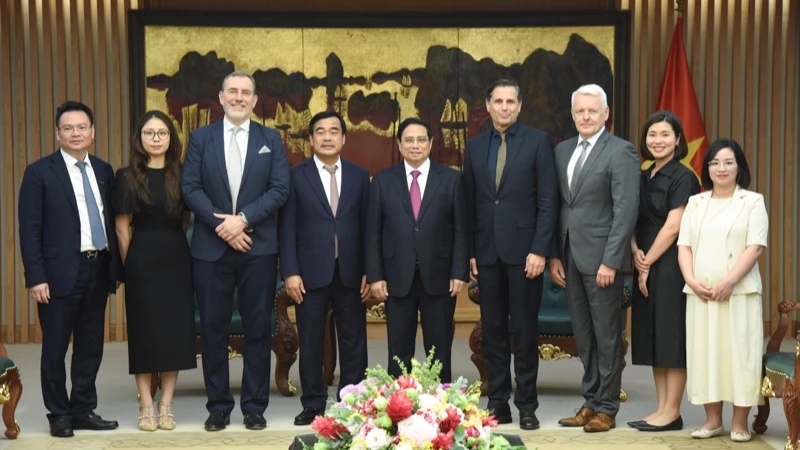

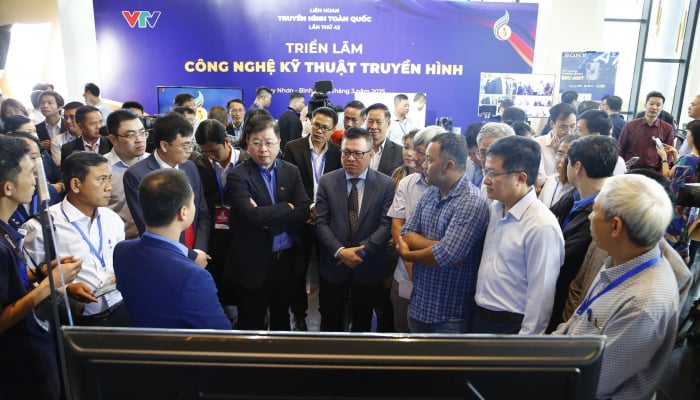
![[Photo] President Luong Cuong presides over the Spring Incense Offering Ceremony at Thang Long Imperial Citadel](https://vstatic.vietnam.vn/vietnam/resource/IMAGE/2025/2/6/003a318e50c240e5a2e52840edbf33ae)

![[Photo] National Assembly Chairman Tran Thanh Man visits and works with National Assembly Committees and People's Representative Newspaper](https://vstatic.vietnam.vn/vietnam/resource/IMAGE/2025/2/5/2f7532ee3d094f488f4da7a860ef04ed)
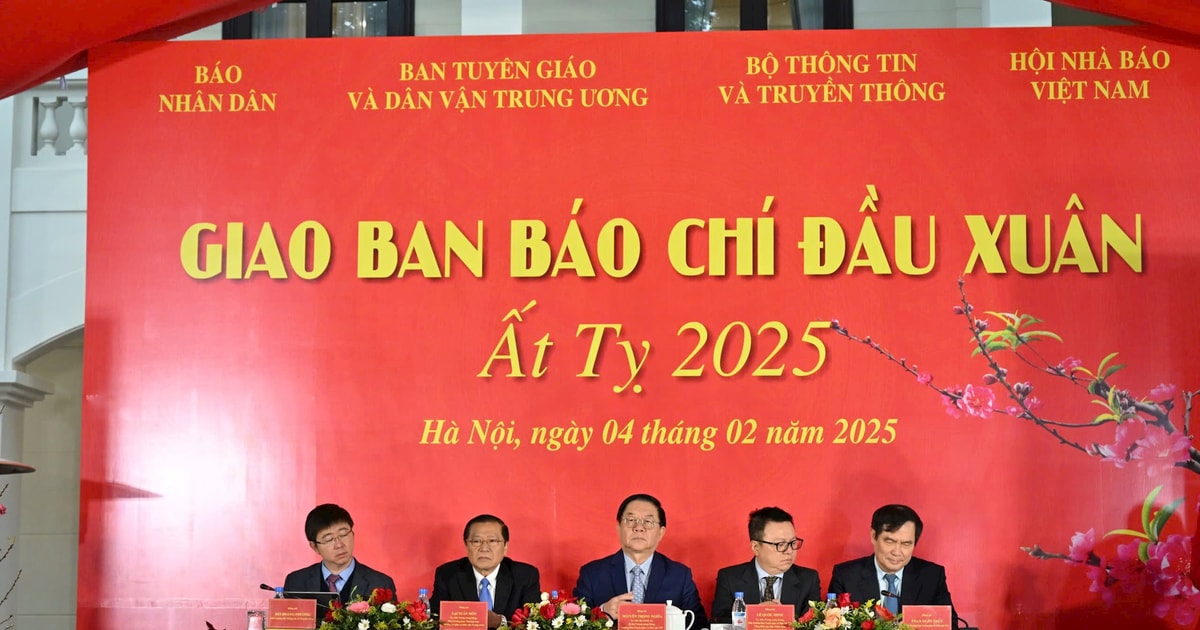



![[Photo] General Secretary To Lam meets with officials and staff of the Party Central Office at the beginning of the Spring of At Ty](https://vstatic.vietnam.vn/vietnam/resource/IMAGE/2025/2/4/2f98a536b95643adb146b28aab962209)


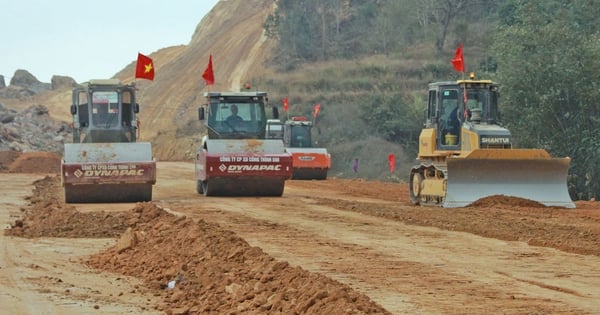
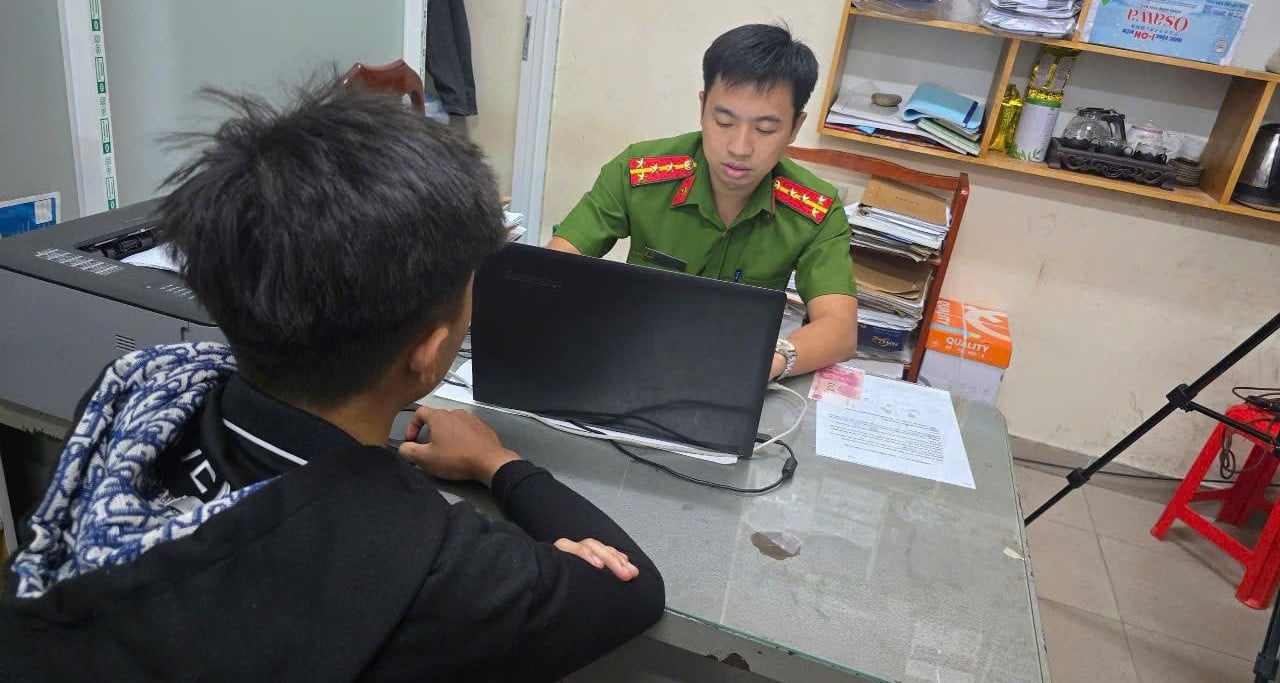
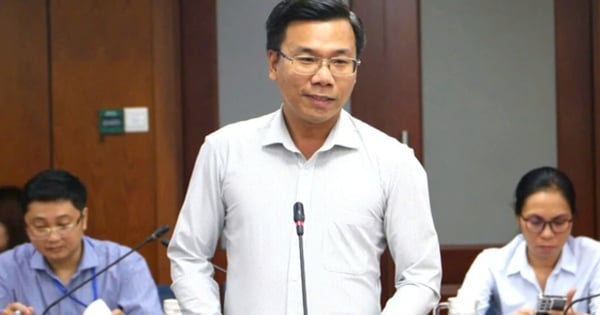







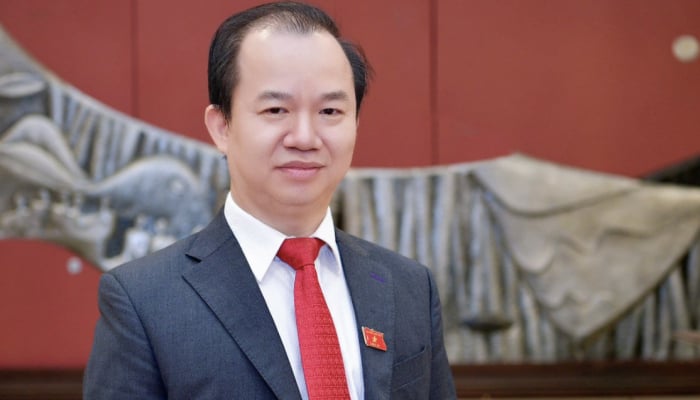
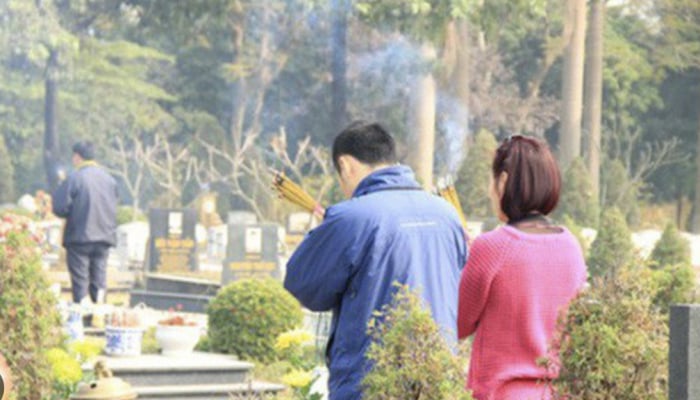




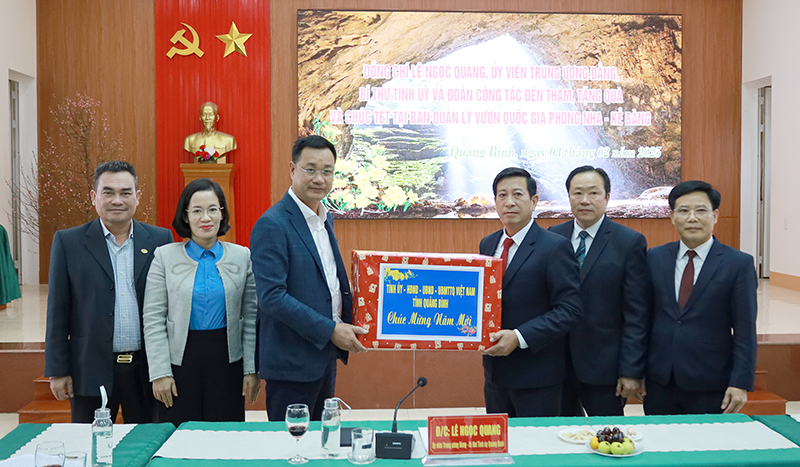

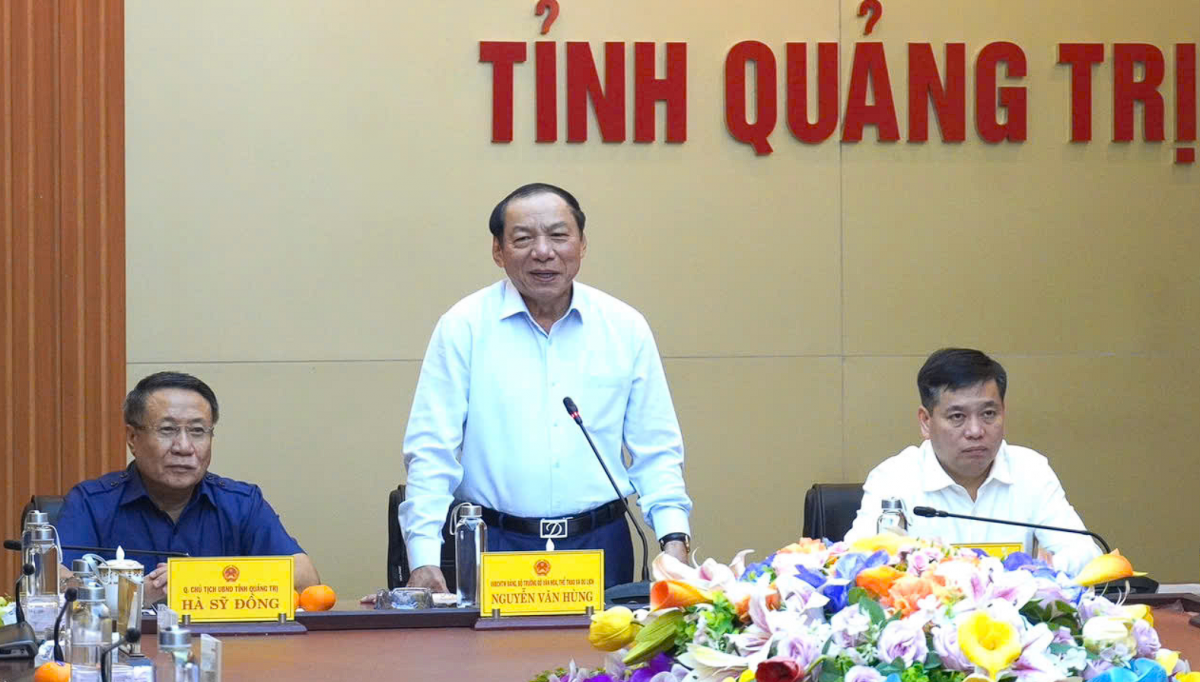





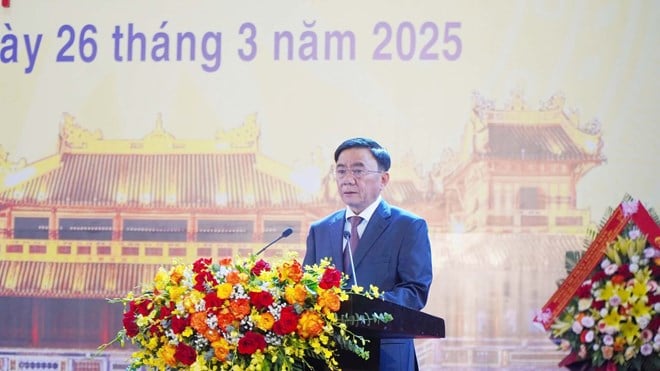












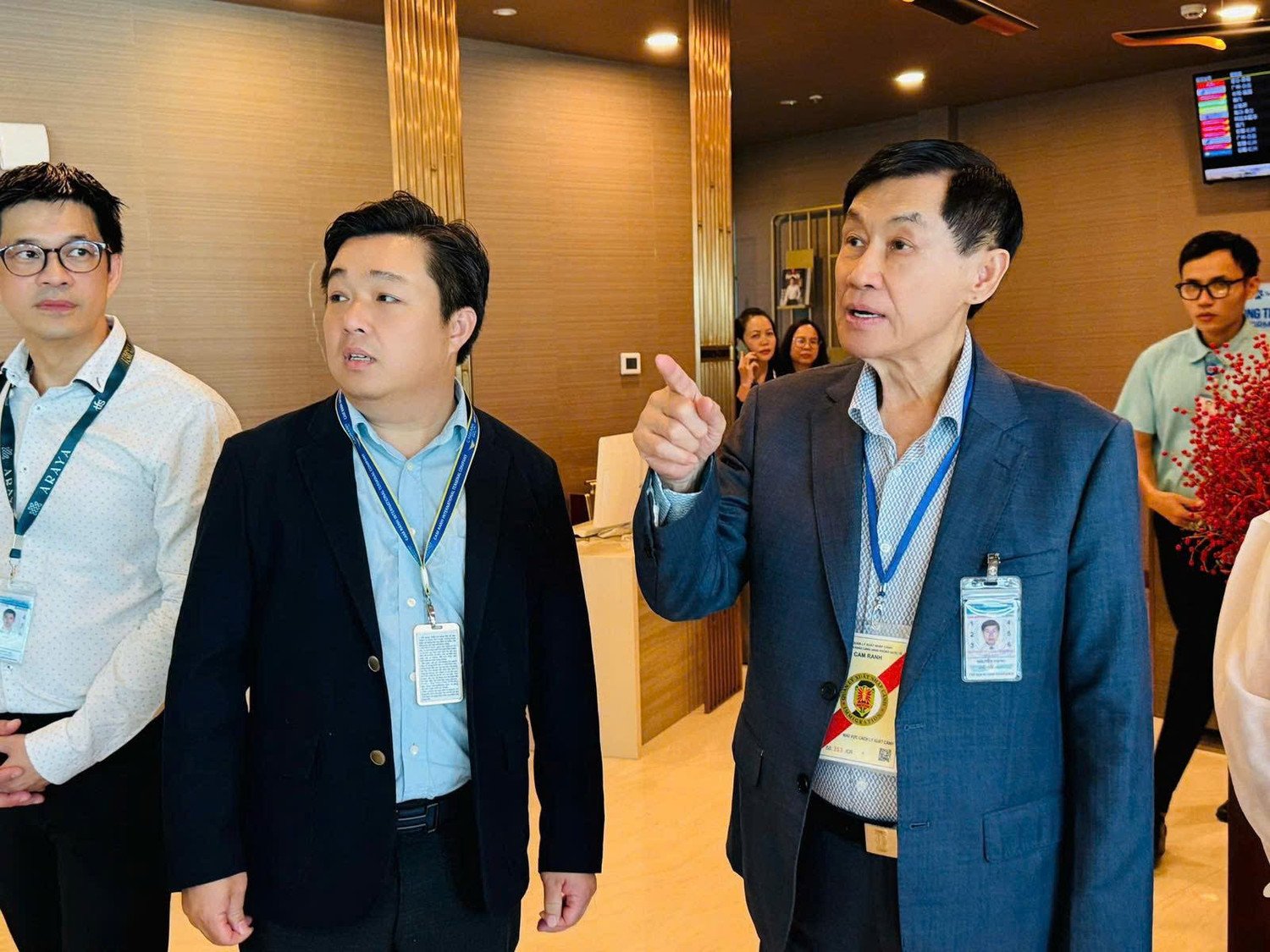



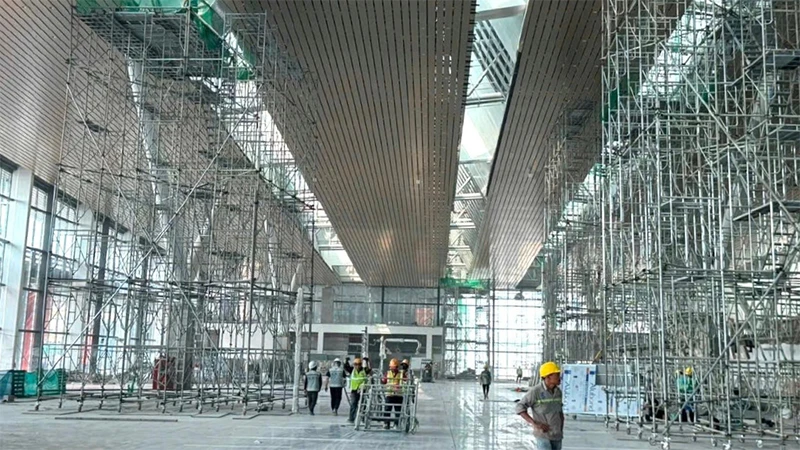



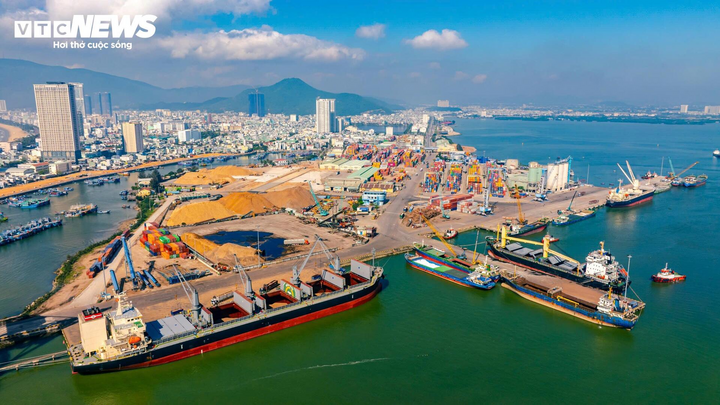



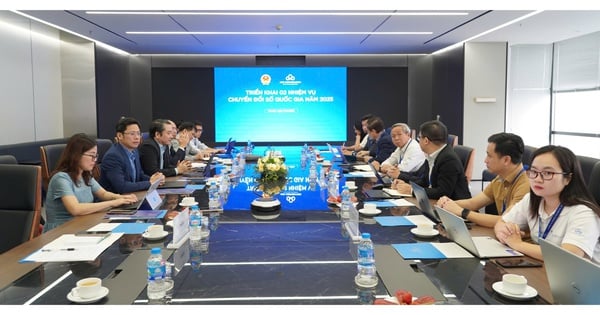

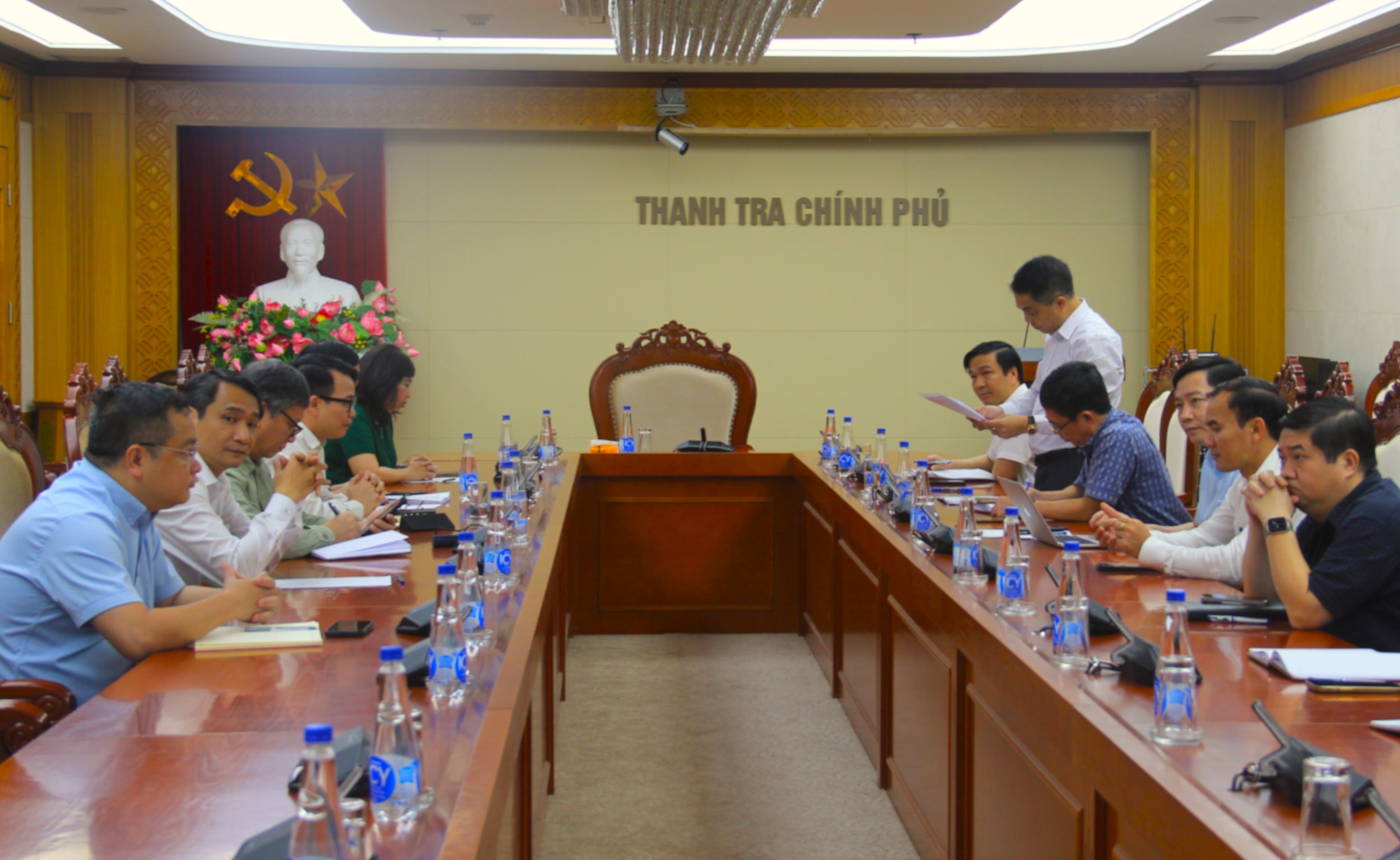

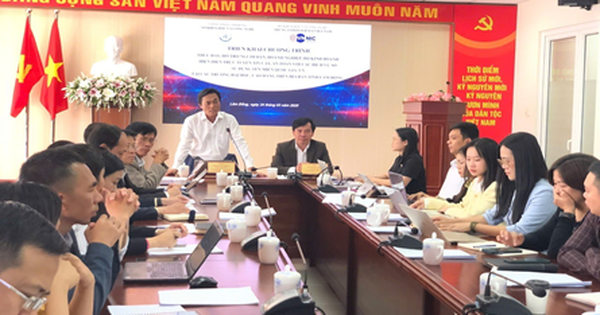


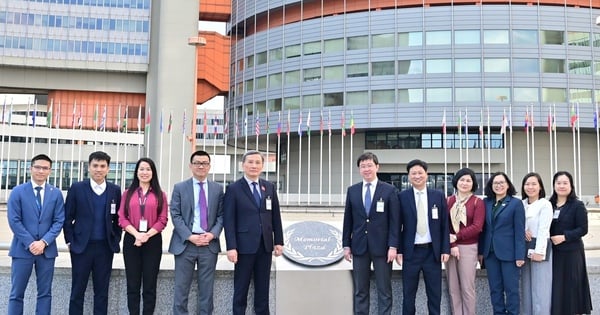




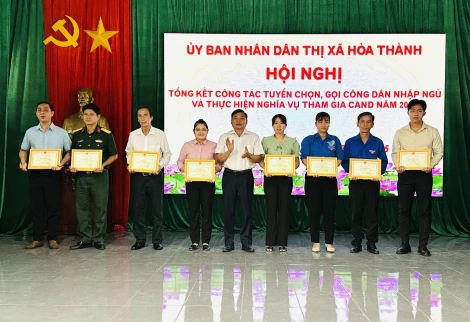
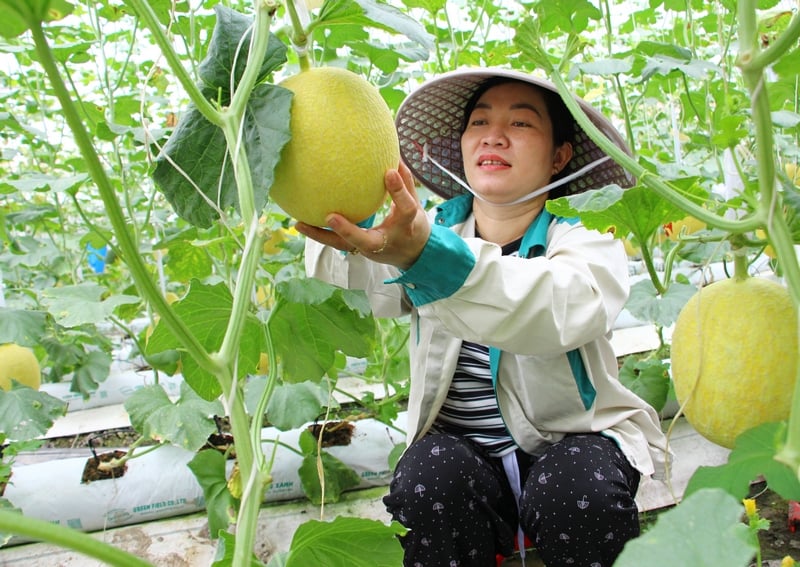



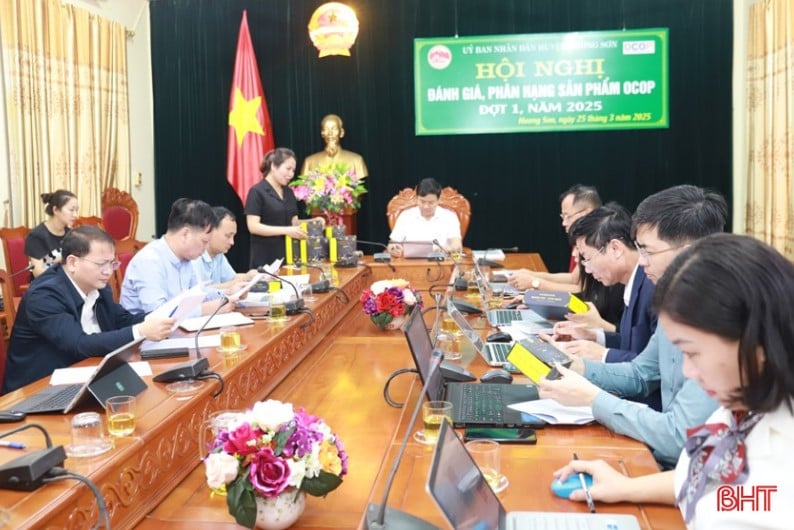


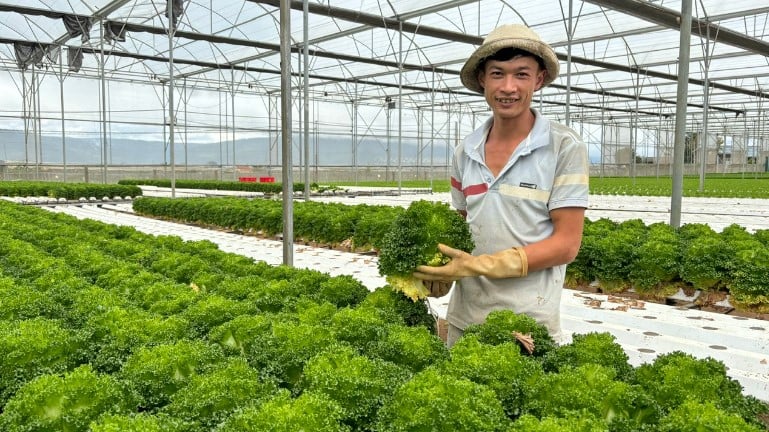






Comment (0)